No, Ebola is not coming to America
September 24, 2014
If you’re brave enough, I’d suggest you turn on the news one of these days. In all likelihood you’ll probably be overwhelmed by images of destroyed Ukrainian towns, triumphant Islamic jihadists, and perhaps most frighteningly, Ebola. Ebola! The destroyer of nations, competing with radical Islam and Russia to see who can wipe out the Western world first. The disease so deadly and contagious that it’s only a matter of time before it spreads to the U.S and the West and kills us all. Or at least, that’s the impression you’d get from watching the news.
The facts, as usually happens with the media, tell a different story. While the media happily reports on a 90% Ebola death rate, the World Health Organization, or WHO, reports a much less terrifying 47% death rate. This media sensationalism leads to things like 40% of all American adults fearing an Ebola outbreak in the United States––something that’s extremely unlikely given the scope and strength of our developed healthcare system. And while Ebola, strictly speaking, is a contagious disease, it’s not the Black Death reborn.
Therein lies the problem with the modern 24-hour media. To them, everything is an immediate and imminent threat to you, the viewer. Fox, MSNBC, CNN, and all the other channels want you to be terrified of the world because when you’re terrified, self preservation dictates that you find out as much information as possible about what terrifies you.
The vast majority of us don’t feel the need to follow up on the story of how for the first time humanity will be landing a probe on a comet because it’s not a threat to us. But, what if a ‘reputable’ news agency told you that a terrorist group called ISIS is taking over the Middle East, and, any day now, a jihadist will come to America and perpetrate a terrorist attack? You, and everyone else, would want to know, and would demand answers and information–directly translating into increased ratings for the channels that report this sensationalized news
This whole culture of overreporting and sensationalizing news isn’t just irritating––it can affect real people in dangerous real-life situations. The reporting done on Ebola, for instance, is so frantic and outright scary that it’s hampering how the international community reacts to it.
When two American aid workers Dr. Kent Brantly and Nancy Writebol contracted the Ebola virus and were flown back to the U.S for treatment, there was a genuine debate about whether or not to bring them back to Atlanta for treatment for fear of them spreading the disease in the U.S. Now, that’s illogical because first, hospitals in the developed world are equipped to deal with diseases like Ebola, and second because the fear of Hollywood-style contagion was brought on by non-doctors who were affected almost entirely by media-spread paranoia. If Ebola hadn’t been painted in such a fatalistic light it would’ve never been an issue to bring back two aid workers, who were at real risk of dying for fear of an outbreak.
One of two things needs to change in a world where we get progressively more terrified. The media needs to take it down a notch or two and start reporting more realistically on world events, for example, saying that while Ukraine is a serious hotspot for the world, it probably won’t result in WWIII with Russia, or saying that Ebola is a serious health concern in underdeveloped nations but not scaring the bejeebers out of people in developed countries where’s there’s next to no risk of a genuine outbreak. That option is not likely to happen. In America we’re privileged to have a free press that operates mostly for profit, and since scaring people seems to boost ratings and profits, it’s not likely they’ll change their ways.
The second option is vastly more realistic: what if everyday people change how they view and process the news? For example, if you’re scared about Ebola, maybe forgo BuzzFeed and the Huffington Post and instead take a gander over at the World Health Organization website, where they have a full page dedicated to the disease.
We as a nation need to diversify where we get our information from because if we continue to give a monopoly on the news to a handful of organizations, then eventually they’ll misreport it or mislead us. And it’s not because of any malice or malicious intent, but simply because the people that run those TV channels and news sites are human and they make mistakes like everyone else. The news media is only an effective tool for us if we utilize all of the benefits it can offer, and if you only watch solely Fox, CNN or MSNBC, then odds are you’ll end up with an incomplete picture of the whole story, and the world at large.
Media is obviously an extremely valuable communication tool, ensuring an informed community both at home and abroad. However, that same flow of information needs to be responsible, both in terms of how it’s reported to us and how we react to it. Our media should be filled with sensible, accurate material, and when it isn’t, society should learn to change the channel.




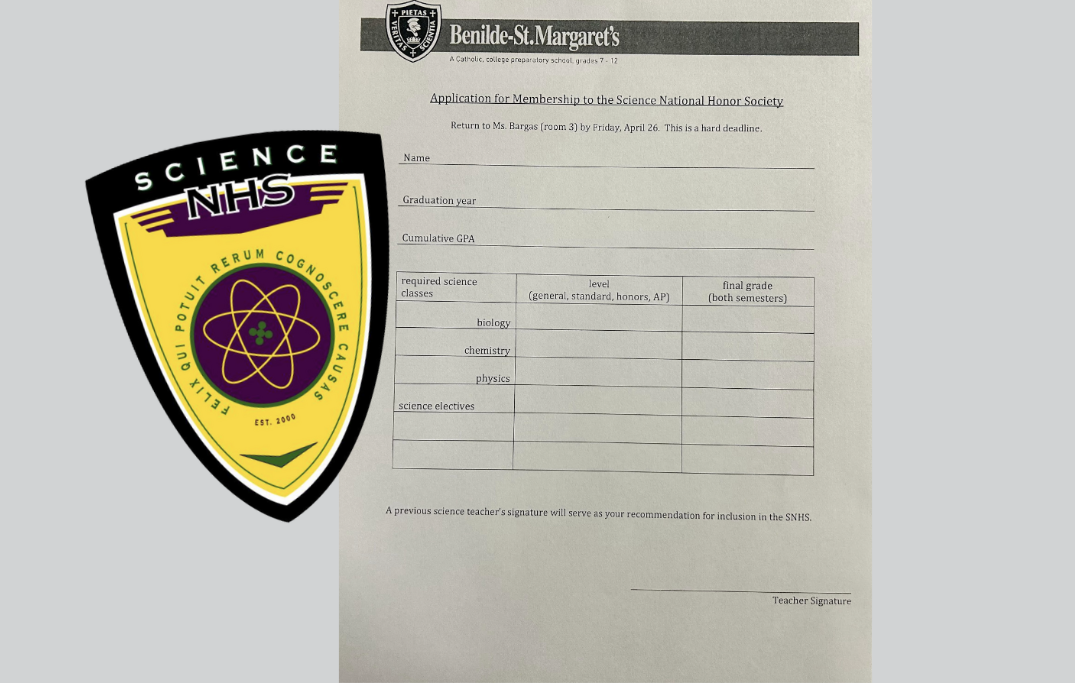
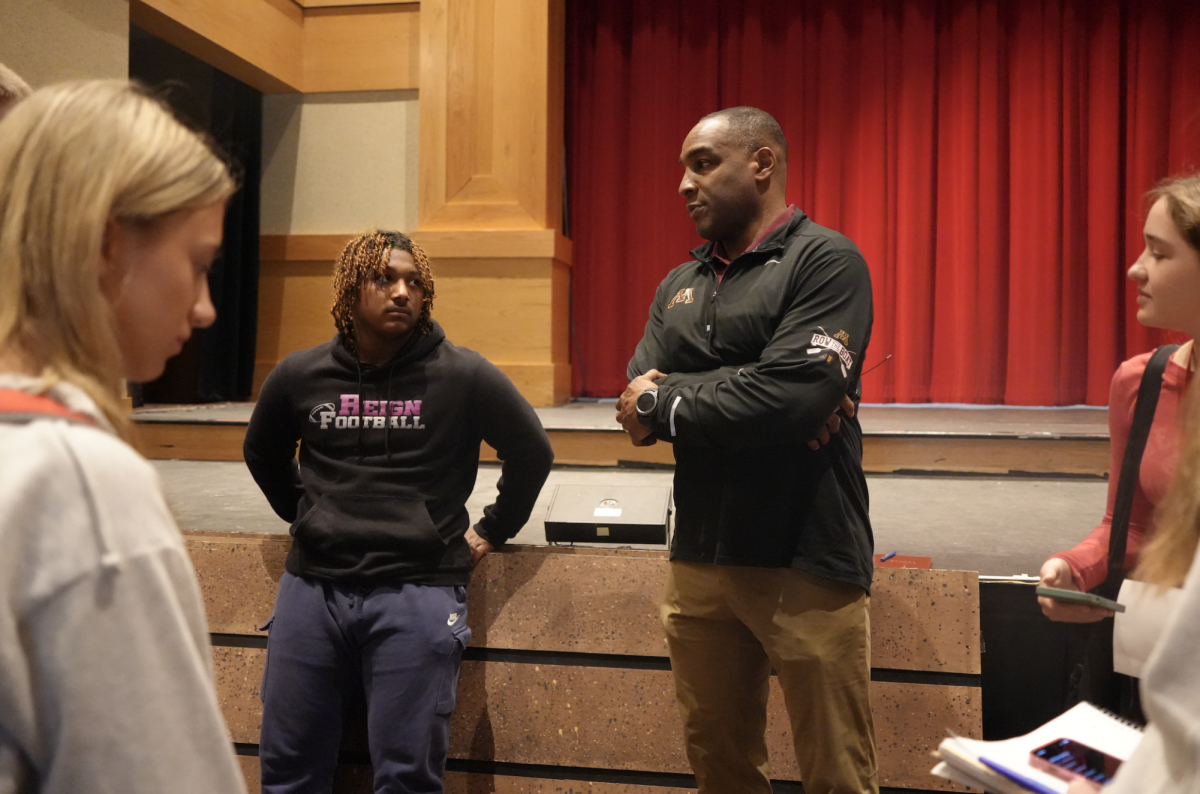



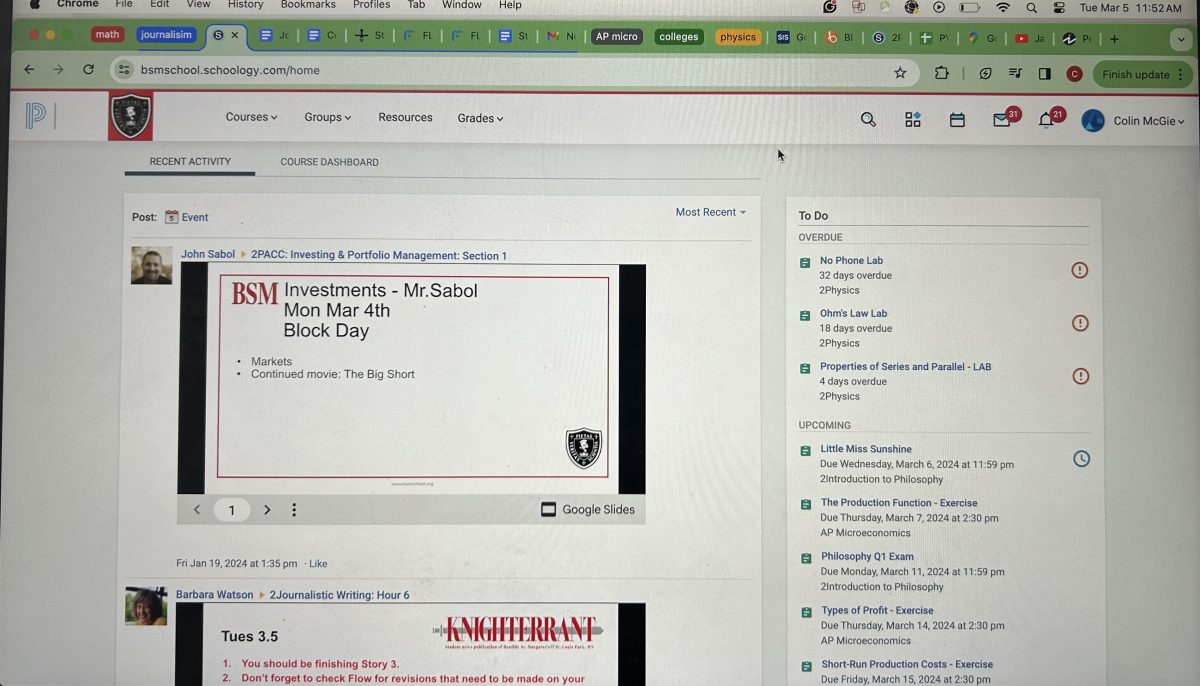










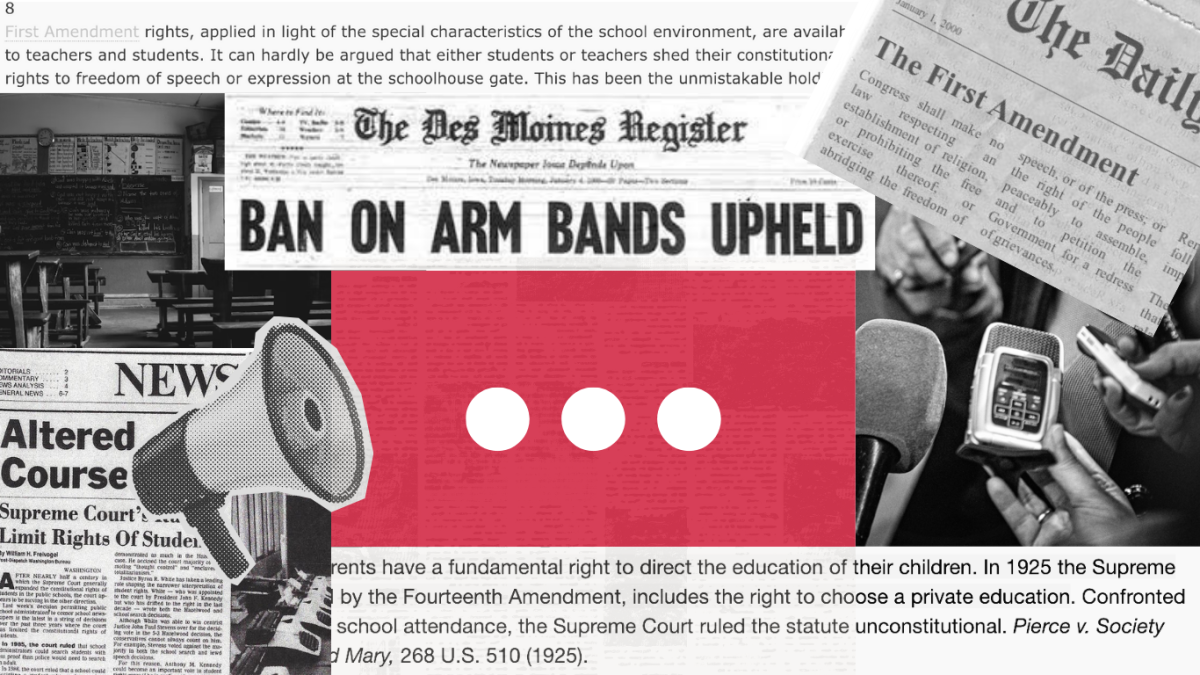























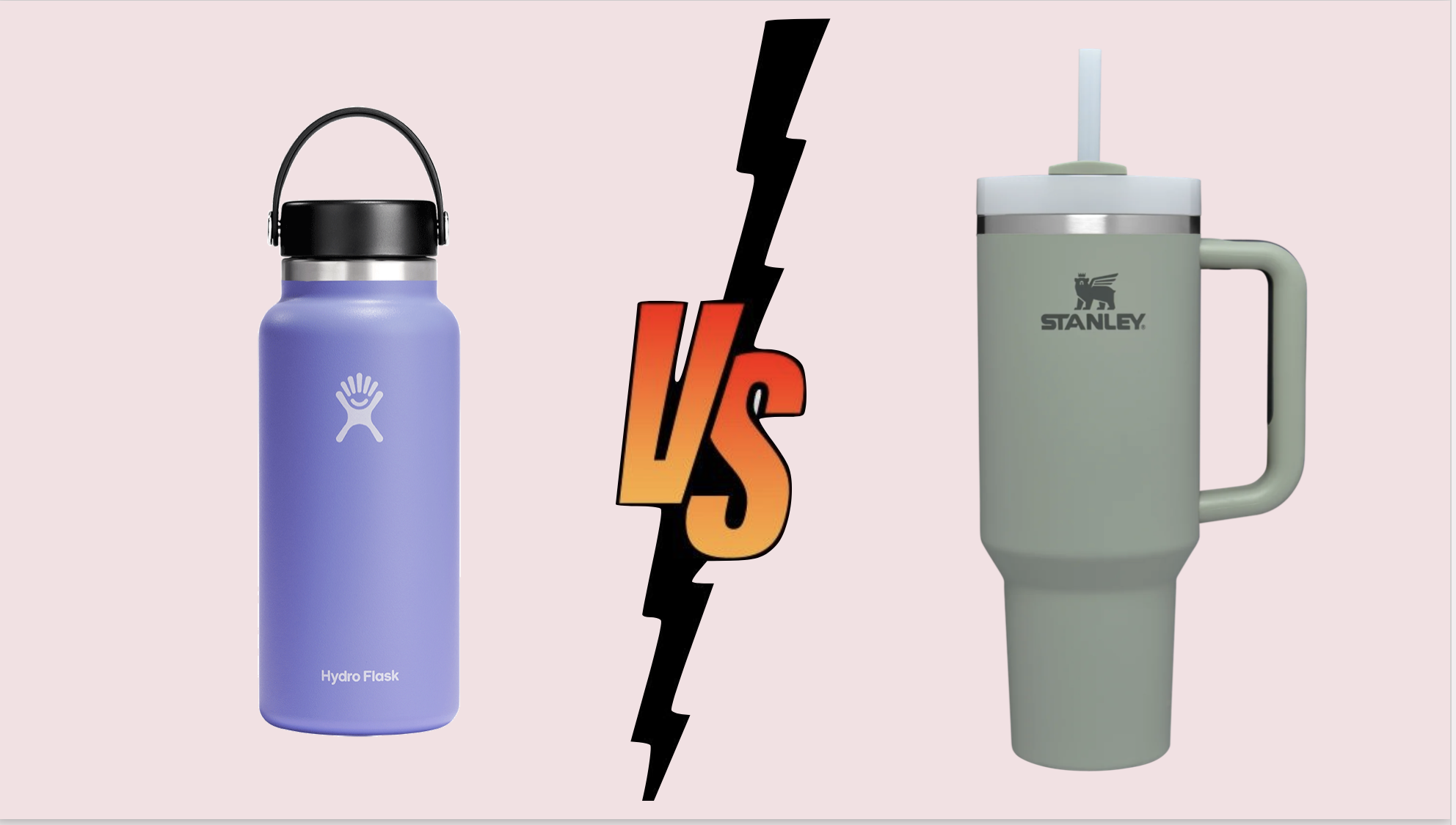








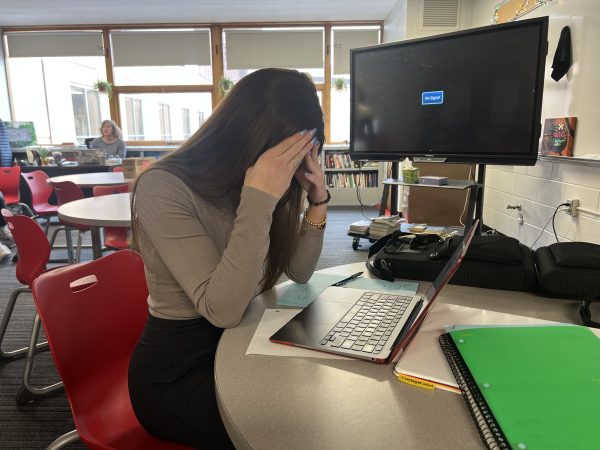


Megan • Sep 30, 2014 at 6:14 pm
http://www.washingtonpost.com/news/to-your-health/wp/2014/09/30/cdc-confirms-first-case-of-ebola-in-the-u-s/
Mick Hawkins • Sep 25, 2014 at 4:06 pm
insightful article, Andy. I sure hope you are right.
This is the stuff that scary movies were made of — 20 years ago. Today,
not so absurd and certainly more scary.
M. Hawkins